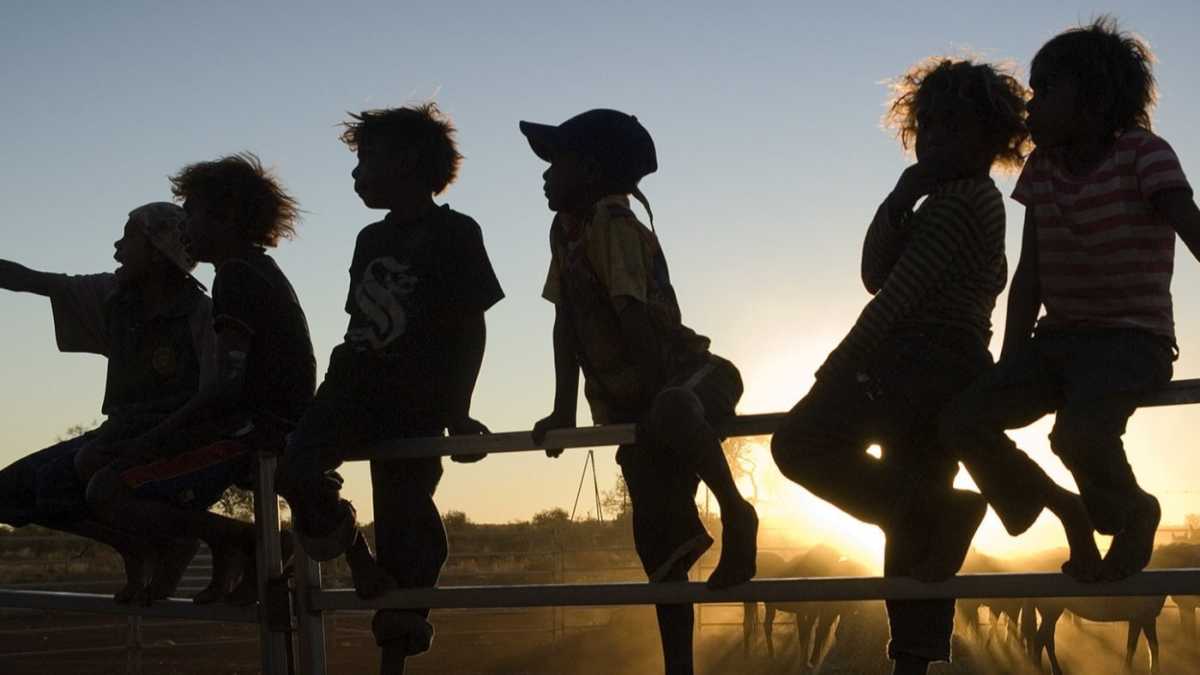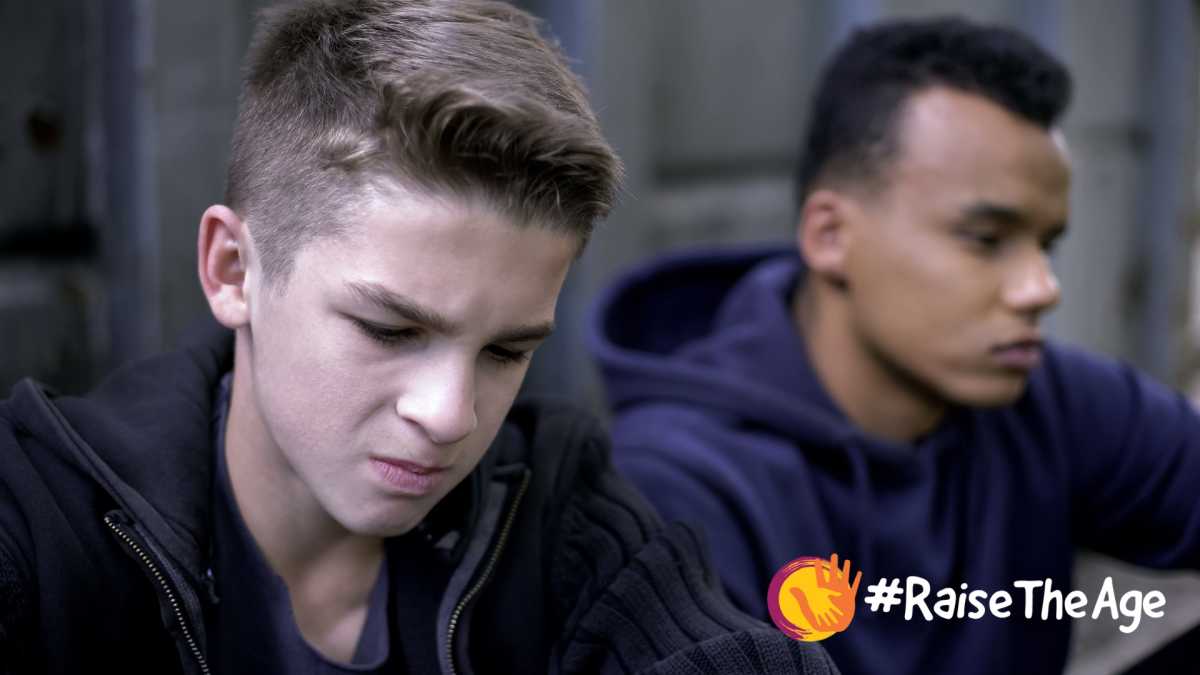Across Australia, the age at which a young person can be charged with a crime is still too low.

Image: AI / Rusty Stewart
Currently, in some Australian states and territories, children as young as 10 can face criminal charges, convictions, and incarceration.
Ten-year-old kids often still sleep with their favourite soft toy, are still losing their baby teeth, and are not supposed to sit in the front seat of a car. Yet in this country, around 600 children aged 10-13, are in prison because the minimum age of criminal responsibility in Australia is horrifyingly low. Imagine yourself at 10, your child, and any child you know being convicted of a crime and placed in prison.
Numerous experts including the United Nations, child welfare groups, medical experts, human rights lawyers and advocates argue that the minimum age of criminal responsibility should be raised to at least 14 to better align with international standards and protect the unique rights of children.
We know early exposure to a detention environment can further traumatise young people and increases the likelihood of reoffending. The existing system has not adequately addressed the root causes of offending, particularly among First Nations youth who are overrepresented in the youth justice system.
Life Without Barriers provides support to thousands of children in child protection and knows that children in out-of-home care are more likely to have interactions with the criminal justice system despite already being one of the most vulnerable groups in society.
“Incarcerating children is counterproductive to our future society, and it does not work." Ms Robbs.
"It has been proven to entrench offending, or at best, achieve no reduction in the rate or severity of future offending,” said Claire Robbs, Chief Executive at Life Without Barriers.
“Instead of imprisoning young children and punishing them through traditional measures, we need to have services that are compassionate, adequately resourced and trauma-informed. We can do much better than prison for little children.”
While some states and Territories have made progress to raise the age, others still have work to do. Here’s a breakdown:
New South Wales (NSW): In NSW, the age of criminal responsibility is 10 years old. Critics argue this fails to provide protection and support for children who display problematic behaviour.
Australian Capital Territory (ACT): The ACT Government has committed to raising the minimum age of criminal responsibility to 14 through a staged approach.
Victoria (VIC): Victoria will raise the age of criminal responsibility to 12 in 2024, with further plans to increase the age to 14 by 2027. Concerns remain that children aged 10 to 13 will still face criminalisation and potential harm before the age limit is raised.
Queensland (QLD): Despite efforts to raise the age to 14 through a private members Bill in 2021, Queensland's age of criminal responsibility is still 10 years old.
Northern Territory (NT): The NT has taken positive steps to raise the age to 12, but this will not come into effect until the second half of 2023. They have also committed to a two-year review to consider raising the age to 14.
Western Australia (WA): The age of criminal responsibility in WA is 10 years old. The now former WA Premier Mark Gowan has ruled out raising the age of criminal responsibility to 14.
"I don't support raising it to 14 under any circumstances," Mark McGowan said.
This a timely reminder that the states are not prioritising keeping children out of prison.
South Australia (SA): Although SA recognises that children aged 10 to 14 may lack a full understanding of the consequences of their actions, the current laws mean a judge can convict and sentence a child for serious offences which creates challenges in ensuring consistent treatment for young people.
Tasmania (TAS): Tasmania will raise the minimum age of detention from 10 to 14. This is a positive step and should be celebrated. However, the age of detention and the age of criminal responsibility are different, and this approach doesn’t assist in creating a consistent and appropriate age of responsibility across Australia.

Life Without Barriers supports an unequivocal raising of the age of criminal responsibility to a minimum of 14 in all states and territories. We support thousands of children in child protection and out-of-home care who are more likely to interact with the criminal justice system, despite already being one of the most vulnerable groups in society.
Governments and communities need to invest in community-based solutions that address why children are getting involved in youth crime. Locking up children as young as 10 in prison cells isn’t the answer.
Ms Robbs and Life Without Barriers implore the Council of Attorneys-General to heed the deep concern held nationally and internationally about the need to bring the age of criminal responsibility to be at least in line with international human rights recommendations.
“Children under the age of 14 are minors in every other aspect of law and society. We don’t consider them able to make decisions and accept the responsibility of driving a car or voting. In most states, children can’t even consent to healthcare about themselves until 14, yet our legal system currently says they can commit a crime and be placed in prison.
"Children as young as 10 can still be found guilty of a criminal offence, prosecuted, convicted, and sentenced across Australia."
Resources:
You can read more about the campaign here
Sign the #RaiseTheAge petition here
Watch In My Blood It Runs here
Life Without Barriers Media release


